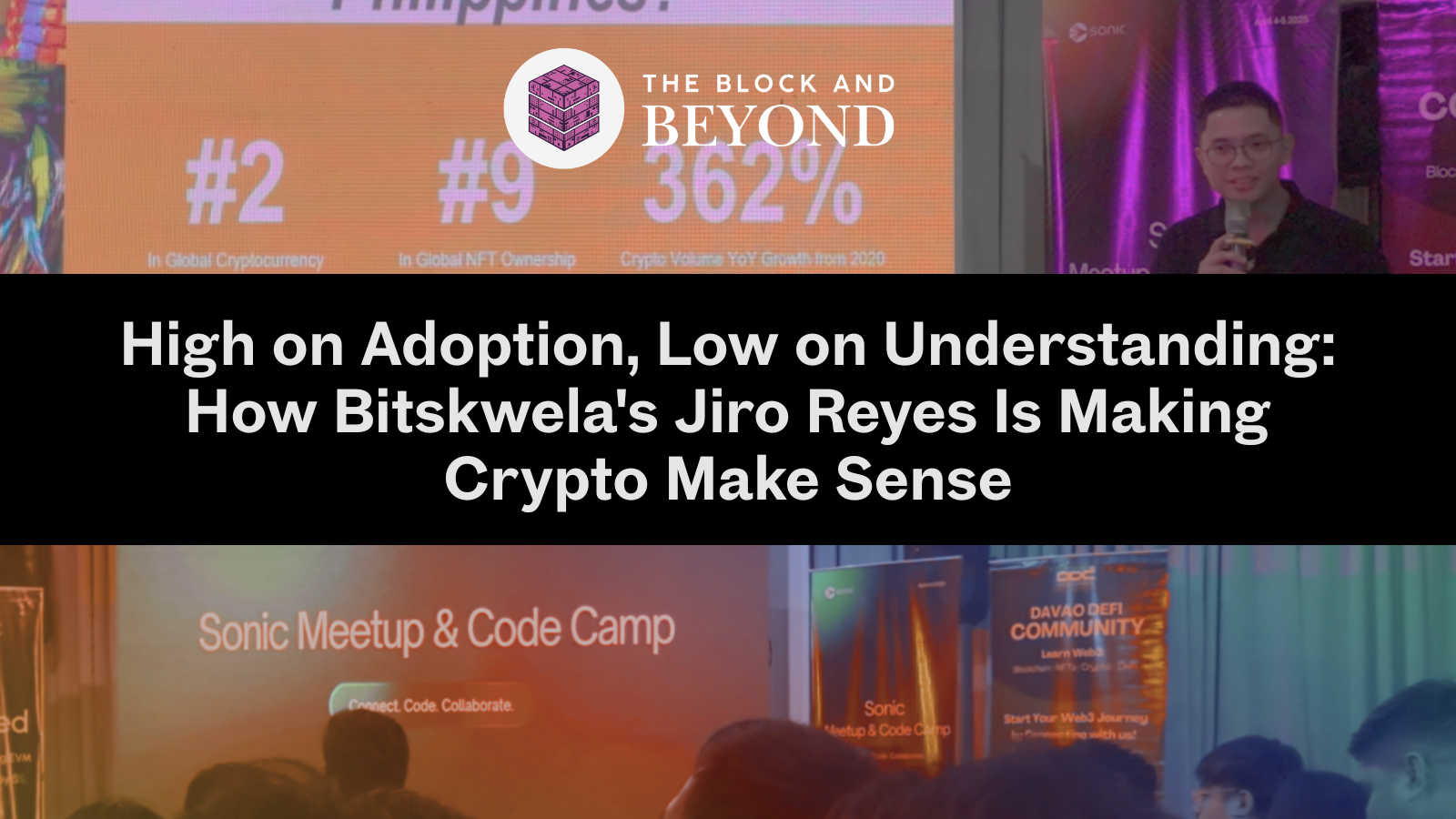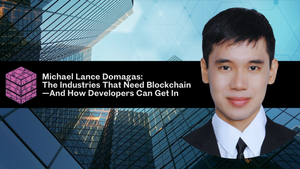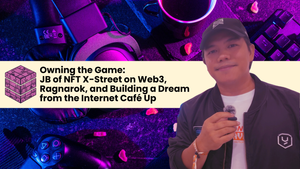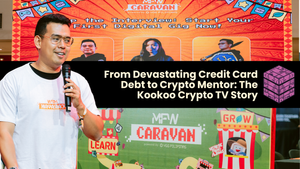The Philippines ranks #2 in global crypto adoption. But here’s the twist: 90% of Filipinos can’t answer basic questions about it.
That gap between usage and understanding is exactly what Bitskwela CEO Jiro Reyes is determined to close by turning confusion into confidence, one talk at a time.
In a packed room of students, builders, and curious minds at Davao’s Sonic Meetup, an initiative made possible with the support of Davao DeFi Community, Reyes took the stage not just to educate but to disrupt a troubling trend: widespread crypto adoption paired with dangerously low crypto literacy.
“According to one survey, 90 percent of respondents in the Philippines failed to answer even the most basic questions about cryptocurrency,” Reyes said. “That’s despite the fact that we’re one of the most active crypto countries in the world.”
That paradox is why Reyes co-founded Bitskwela, a Web3 education platform built to make blockchain, crypto, and NFTs easier to understand in Filipino and other local languages. His talk in Davao was part lecture, part rallying cry. The problem isn’t a lack of curiosity. It’s a lack of access to grounded knowledge.
In Photo: Our very own CEO and Co-founder Jiro Reyes on Crypto and Blockchain Architecture pic.twitter.com/tta1f50vXC
— Bitskwela 🇵🇭 (@bitskwela) April 4, 2025
The Philippines: A Crypto Powerhouse With a Knowledge Gap
By all measurable activity, the Philippines is a Web3 frontrunner. The country ranks second in global crypto adoption, ninth in NFT ownership, and recorded a staggering 362 percent year-over-year growth in crypto volume.
“But our reputation is still very new when it comes to crypto,” Reyes pointed out. “We’re active, but we don’t understand the tech. That makes us vulnerable to scams, misinformation, and missed opportunities.”
And the consequences are real. Reyes cited the rise of Ponzi schemes and online scams in crypto that prey on those who don’t grasp the basics.
“You post something on Facebook, and someone says, ‘Give me ₱1,000 and I’ll double it in a week.’ People fall for it,” he said. “That’s what we’re trying to fix.”
When further asked in an exclusive interview with The Block and Beyond what was the difference between financial literacy and financial advice, Reyes simplified it as “inciting investment,” explaining the difference between true education and the latter, which he pointed out was also not legal.
Crypto, Demystified
What set Reyes’ talk apart wasn’t just what he said. It was how he said it. He didn’t assume his audience had a tech background. He started from the ground up. “Web3 is ownership,” he explained, right after a spontaneous Bitcoin giveaway.
With humor, analogies, and fictional characters like Pedro and Tarna, Reyes illustrated core concepts. When Pedro sends a secret message to Tarna using a shared code "A, B, C = 1, 2, 3," that’s encryption. That’s crypto.
“That’s a very, very simple example of how cryptography works... Only Pedro and Tarna have the key. Just like in blockchain.”
He explained the difference between fiat currency, digital money like GCash, and cryptocurrency. Simplifying everything to the broader audience, Reyes explained that cryptocurrency was just money, but more secure.
To make technical concepts more tangible, Reyes compared blockchains based on metrics like transactions per second, energy usage, gas fees, and scalability.
“Even though Solana is way faster in TPS, it’s a tradeoff... Bitcoin is slower but more decentralized and secure. That’s what people need to understand before they invest.”
A quick quiz kept the session engaging.
More Than Just Tech, It’s Empowerment
Reyes’ personal story made the message even more powerful. Once a cheer dancer and graphic designer, he didn’t come from a tech background. And that’s the point. Web3 isn’t just for developers and traders. It’s for everyone.
For Reyes, the goal isn’t hype. It’s clarity. Bitskwela isn’t just simplifying crypto—it’s laying the groundwork for more informed participation in Web3.
“Adoption without understanding is dangerous. But if we can teach, if we can empower, then Web3 becomes more than a buzzword. It becomes a tool for financial freedom.”
If the Philippines is going to lead the world in Web3, it won’t be through adoption alone. It will be through understanding. That’s the future Reyes and Bitskwela are fighting for. The next wave of Filipino builders is out there. They just need the right foundation to get started.











